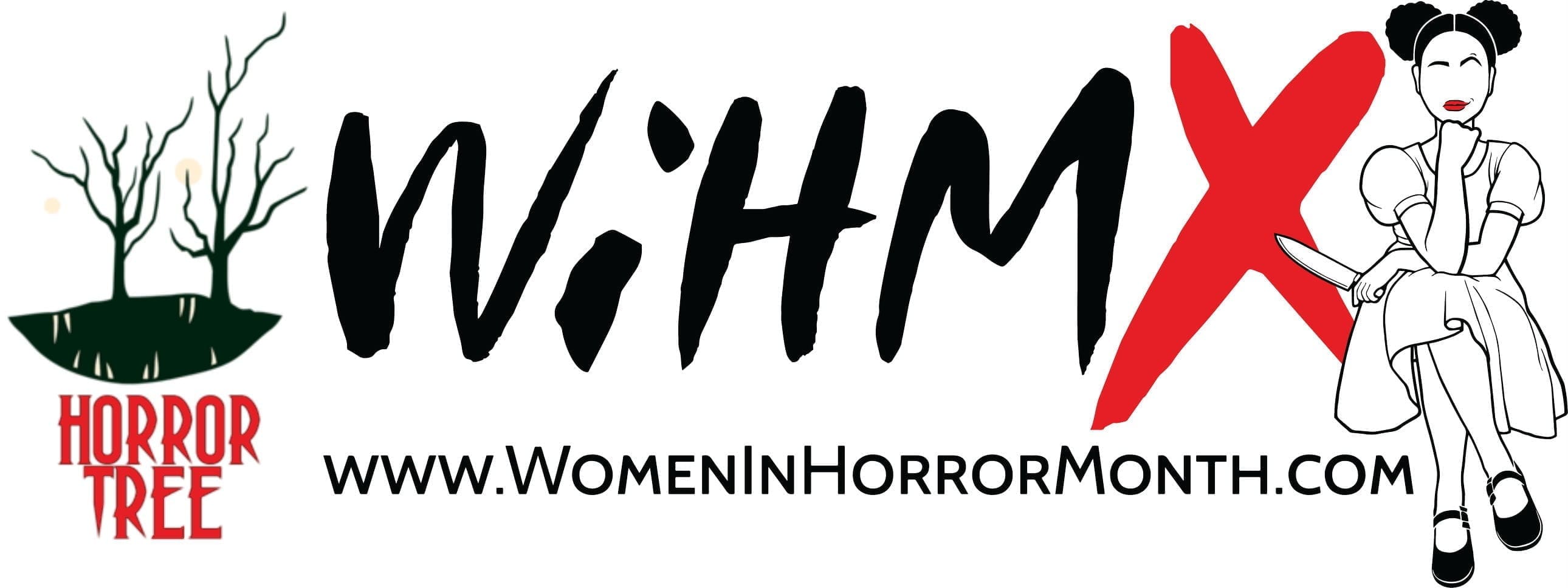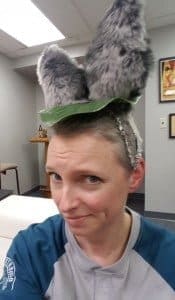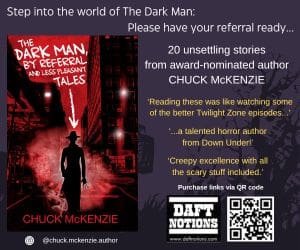WIHM: The Impotence Of Editing

You may, imply from the title of this article that I saying editing is a useless endeavor. Indeed, with grammar check and spell check, and software programs who format for you, you don’t need to edit at all? Just hammer away at those keys and when your done–Voila! You have a perfectly crafted final draft of (insert creative project here). And even if a few things slip threw the cracks, the editor at (insert submission destination here) will clean every thing up. But nothing, could be farther form the truth.
All tongue in cheek aside, it still surprises me to meet authors who don’t edit their own works before submitting them for publication. It usually comes down to two main reasons: 1) they think the editor of said publication will do it for them; and 2) they honestly believe they don’t need to do it. I’m not sure which excuse is worse, but let me tell you, they’re both unprofessional and lazy, and no one wants to work with that guy.
“But Peggy, I’ve got spelling and grammar check. They highlight any errors I’ve made. Why should I go back and read through it all? Plus, I’m hungry and have to go to the bathroom…”
Before I smack you upside your head for whining, I’d like to direct you back to the beginning of this article, all the way up to the title. “Impotence” is spelled correctly, yet is it correct? There’s a gap between “of” and “editing” which shouldn’t be there. But wait, my spell check and grammar are working just fine. What gives?
Read through the first paragraph again, and spot as many errors as you can. My grammar check did, in fact, highlight two instances, but completely missed all the random commas and punctuation marks. What about misspelled words? I don’t have any, but you can see quite a few instances of “right spelling, wrong word” use.
Every author, AND I MEAN EVERY SINGLE ONE, must learn to edit their own work. I know I’m not perfect, and I want to try to catch as many errors as possible before letting another human being set eyes, and a red pen, on my story. If I don’t, at the very least I appear arrogant. At the worst, I come off as lazy, unprofessional, and someone whose mom would show up at my job interview to hold my hand and make sure no one asks me any stressful questions.
Once I finish vomiting my story onto the page, I put it away for a while. The longer the work, the longer I stow it before diving back in. This could be anywhere from a day to a month, perhaps longer. You’ll know when you’re ready to revisit your (soon to be) masterpiece.
After some quick calisthenics and a shot of Baileys, I run through two edits at least. The first is a general read-through. This is to catch the glaring errors–wrong words, bad sentence structure, incorrect grammar, extra spaces or basic formatting issues, maybe a character starts out as Chris and ends up Xavier. The second is searching for gaping plot holes and weak character development, maybe get a feel for the overall structural integrity.
One of the best tips I can give you is to do all the above out loud. Yes, read the story aloud as you edit. I don’t care if you have roommates trying to watch “The Bachelorette.” I don’t care if your spouse has an early meeting, and it’s two in the morning while you shout out the fight scene dialogue. By reading the story aloud, you’ll know when a sentence isn’t worded properly; you’ll trip over dialogue that doesn’t flow; those glaring errors (but my mom LOVED it!) and structure issues are much easier to spot when you hear them outside your head.
If you think you might need a third go-round, by all means have at it. But be careful! The line between spit and polish, and burning the entire manuscript in an oil drum fire at the abandoned YMCA because you’ve become convinced you’re the worst writer EVAR, is wafer-thin and extremely fragile. Tread with caution…
Perhaps I went a little ham-fisted with the sarcasm here, but I hope you understand my point. All of us want to be our best at whatever we do, and self-policing is part of it. Get out there and write; tell the story only you can tell. But please, for all our sakes, make sure your word baby isn’t dragging around a full diaper, and reaching for random strangers with jam-covered hands. Do you part to be a responsible word parent. EDIT YOUR WORK.
Because I, two, wood love too enjoy you’re stories–the write way.
Peggy Christie
 Peggy Christie is an author of horror and dark fiction. Her work has appeared in dozens of websites, magazines, and anthologies, including 13 Little Hells, Necrotic Tissue, and Fearotica: An Anthology of Erotic Horror. You can find her short story collection, Hell Hath No Fury, from Dragons Roost Press, and her vampire novel, The Vessel, from Source Point Press. Peggy is one of the founding members of the Great Lakes Association of Horror Writers, as well as a contributing writer for the websites of Cinema Head Cheese and Slack Jaw Punks. Check out her webpage at themonkeyisin.com for more information on her publications and appearances.
Peggy Christie is an author of horror and dark fiction. Her work has appeared in dozens of websites, magazines, and anthologies, including 13 Little Hells, Necrotic Tissue, and Fearotica: An Anthology of Erotic Horror. You can find her short story collection, Hell Hath No Fury, from Dragons Roost Press, and her vampire novel, The Vessel, from Source Point Press. Peggy is one of the founding members of the Great Lakes Association of Horror Writers, as well as a contributing writer for the websites of Cinema Head Cheese and Slack Jaw Punks. Check out her webpage at themonkeyisin.com for more information on her publications and appearances.
Peggy loves Korean dramas, survival horror video games, and chocolate (not necessarily in that order) and lives in Michigan with her husband and their dog, Dozer.
Website: www.themonkeyisin.com
IG: @PMonkey710
Facebook: www.facebook.com/
Twitter: @PMonkey
- About the Author
- Latest Posts
The Horror Tree is a resource for horror authors which was created in 2011. The main goal when starting the site was to include all of the latest horror anthologies and publishers that are taking paying submissions. A resource useful for both new and experienced publishers alike looking for an outlet for their written material!










